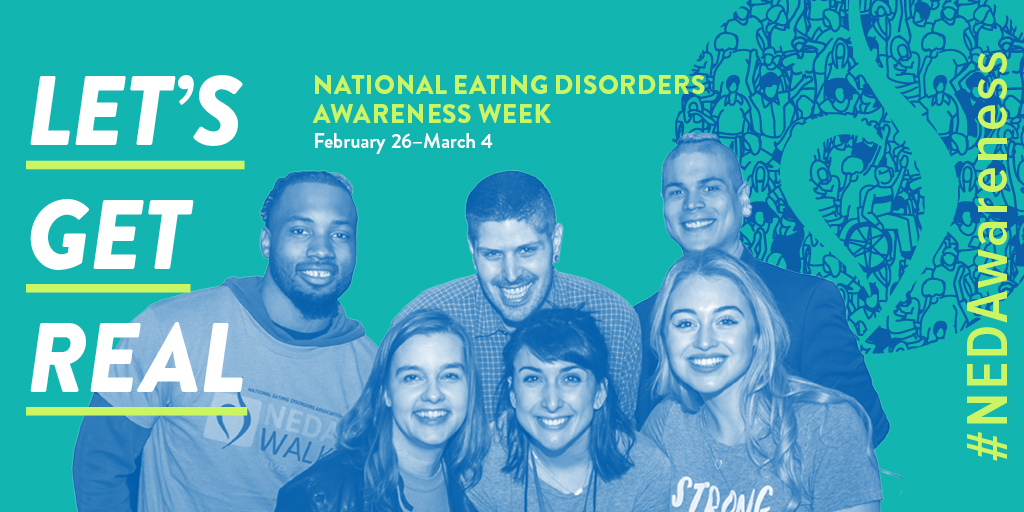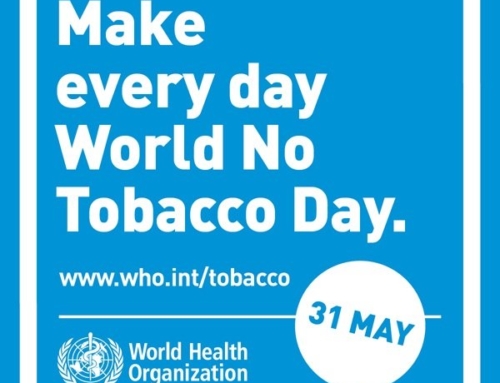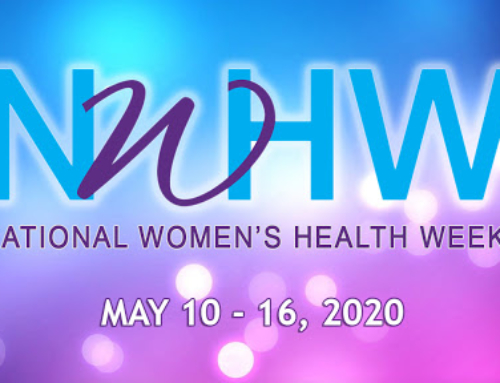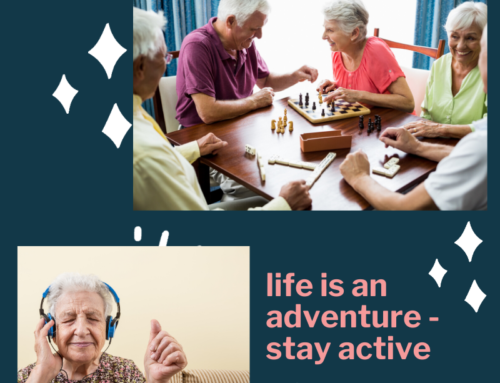Today marks the final day of National Eating Disorders Awareness Week. This year’s theme, Let’s Get Real, aims to highlight stories we don’t typically hear in discussions of eating disorders.
Often in media, we see a very one-dimensional portrayal of eating disorders: a frail teenage white girl, battling anorexia or bulimia. The reality is that people of all ages, races, genders, and body types suffer from several different eating disorders. Many of them receive the diagnosis of Other Specified Feeding and Eating Disorders (OSFED). Sadly, these stereotypes of what someone with an eating disorder “should” look like can prevent people from seeking treatment.
Eating disorders are complex bio-social illnesses that affect people of all ages, genders, ethnicities, and backgrounds. They involve extreme emotions, attitudes, and behaviors surrounding food, exercise, and body image. This video from the National Eating Disorders Association (NEDA) highlights some warning signs and symptoms to look out for in people close to you, or even in yourself:
- Withdrawal from social activities
- Food rituals
- Obsessing over appearance
- Negative self-esteem
- Hoarding & hiding food
- Eating in secret
- Disappearing after eating
- Dangerous dieting or clean eating
- Personality changes
- Large quantities of disappearing food
- Hiding wrappers & containers
- Gastrointestinal distress
If you notice these symptoms in someone you care about, there are several ways you can help. This video, also from NEDA, goes over some ways you can help:
- Start by researching eating disorders and understanding the myths about eating disorders that are out there. NEDA’s website is a great place to start.
- Set aside time to talk to your friend, and express your concern for them in a way that is honest and sympathetic.
- Share your own experiences. It will help them feel less alone.
- Do not give advice about weight loss, exercise, or appearance, and avoid placing any blame or guilt on your loved one. Don’t oversimplify the issue.
- Use “I” statements, as opposed to “you” statements, and be sure to set boundaries so that you can preserve your own emotional wellbeing.
- Suggest that they seek professional help. Resources are provided at the end of this blog.
Check out this quiz from NEDA: Do You Need a Reality Check?
The NEDA Helpline is available Monday through Thursday from 9:00 a.m. to 9:00 p.m. ET, and Fridays from 9:00 a.m. to 5:00 p.m. ET to answer any questions you may have, help you or a loved one find treatment, and offer support. For a crisis, text “NEDA” to 741-741, which is accessible 24/7.
Resources:
National Eating Disorders Association
Teen Vogue: Myths to Stop Believing This Eating Disorders Awareness Week







